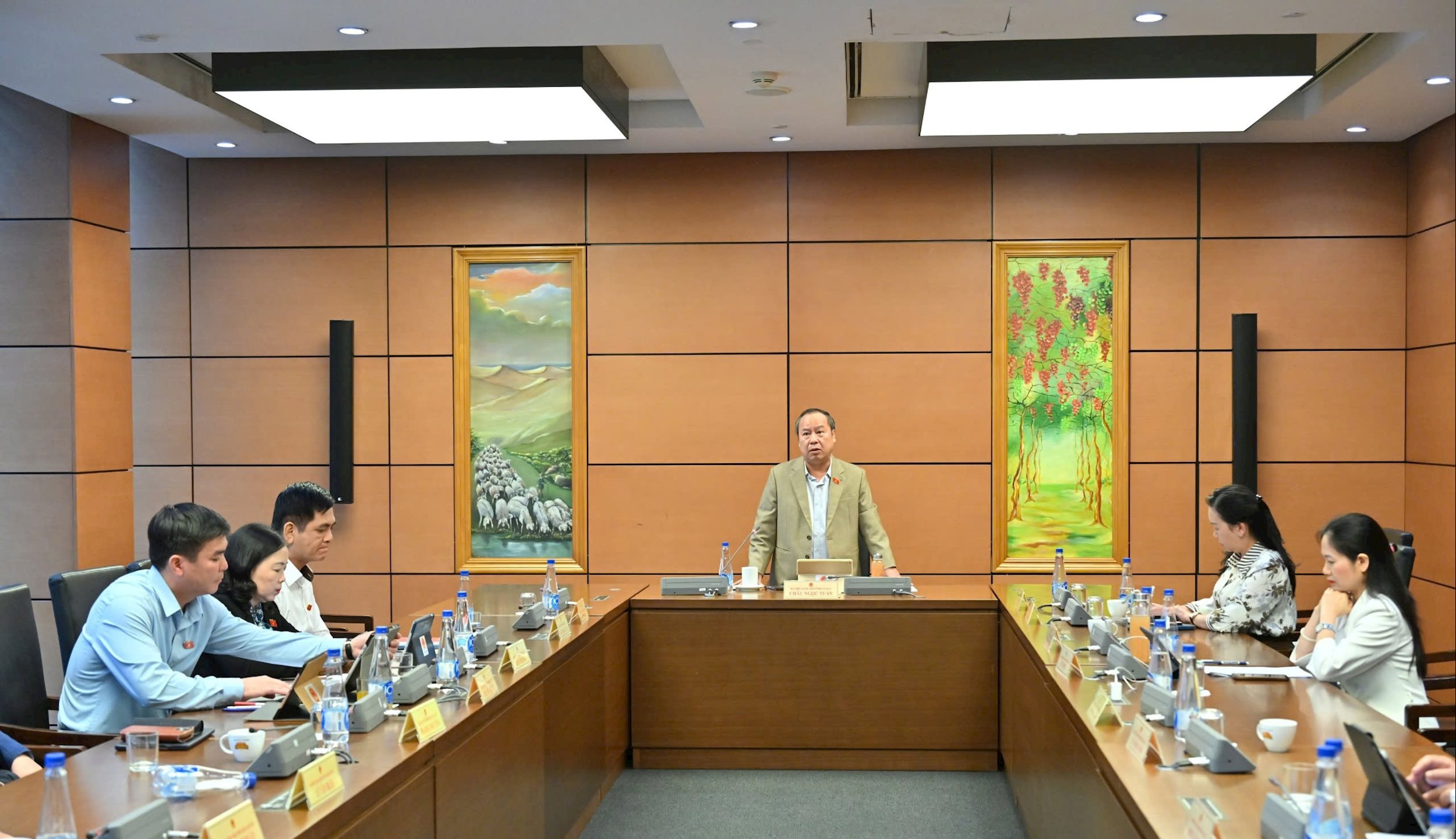
Is the Building Permit Wrong, a Trouble?
At the discussion session, one of the issues that delegates were concerned about was the regulations on construction permits in the draft Law on Construction (amended).
The Government 's proposal said that the draft Law amends regulations on construction permit issuance in the direction of expanding the subjects exempted from construction permits and simplifying procedures.
Accordingly, implementing the principle from the preparation stage to the time of construction commencement, the state management agency on construction only controls once (corresponding to 1 administrative procedure) for each project and construction work. Projects whose Construction Feasibility Study Report has been appraised by a specialized construction agency are exempted from construction permits.
Conditions, order and procedures for construction licensing are also amended in the direction of: implementing the entire process online; simplifying documents and conditions; and at the same time minimizing licensing time, expected to be a maximum of 7 days.
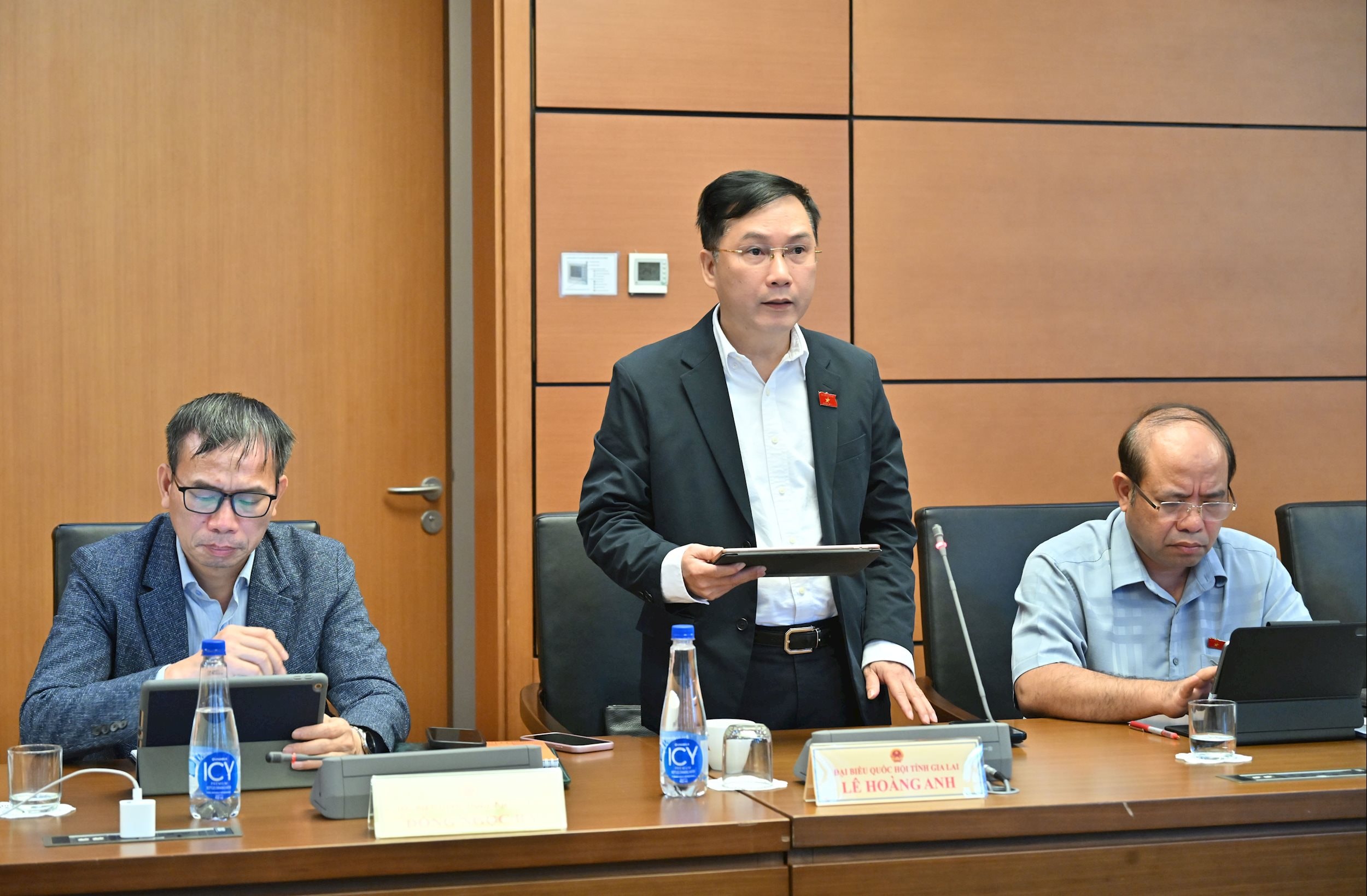
Commenting on this content, National Assembly member Le Hoang Anh (Gia Lai) raised the question: “Why do we need a construction permit? Is having a permit wrong, causing trouble, or is the licensing process cumbersome, even being exploited for harassment and negativity, causing public opinion to view the permit as a “criminal”? The cause must be determined before it can be handled. If we abolish the construction permit, if there is a loss of safety related to people's lives, who will be responsible?”
Citing international experience, the delegate said that in developed countries such as Australia and Japan, exemption from construction permits is only applied in very limited cases, and their licensing process has many layers of control to ensure safety for construction works and people.
Emphasizing that “we should consider the safety of people’s lives as the highest priority,” delegate Le Hoang Anh proposed narrowing the scope of construction permit exemptions. At the same time, increasing sanctions for violations against licensing officials and construction inspectors, combined with promoting digital transformation, moving towards automatic licensing and shifting from pre-inspection to post-inspection to both ensure safety and improve management efficiency.

Commenting on the draft Law on expanding the exemption of construction permits for works under special public investment projects; works under investment projects under special investment procedures; works under construction investment projects whose Feasibility Study Report has been appraised by a specialized construction agency and approved, National Assembly Deputy Nguyen Thi Mai Phuong (Gia Lai) said, "It is necessary to clarify the criteria and post-audit procedures, avoid abusing post-audit to cause trouble for organizations and individuals as well as avoid lax management".
Delegate Nguyen Thi Mai Phuong emphasized that, along with reducing administrative procedures and increasing decentralization, it is necessary to strengthen inspection and supervision as well as criteria to ensure clarity, transparency and to avoid risks when constructing projects.
It is necessary to carefully study the scope of subjects requiring licensing.
The report on the review of the draft Law on Construction (amended) by the Committee on Science , Technology and Environment stated that the exemption of construction permits is a correct policy, consistent with the direction of administrative procedure reform, contributing to shortening project implementation time and reducing costs for people and businesses.
However, at that time, the project will not have a legal basis for the natural resources and environment agency to determine the property attached to the land to issue a Certificate of ownership. Therefore, the Committee recommends considering amending and supplementing the corresponding provisions in the Construction Law or the Land Law to ensure consistency and have a full legal basis for establishing property rights on land.
At the same time, the Committee proposed to supplement criteria, clear post-inspection procedures, publicize information, avoid abuse or lax inspection; ensure technical requirements, environment, fire prevention and fighting and people's rights.
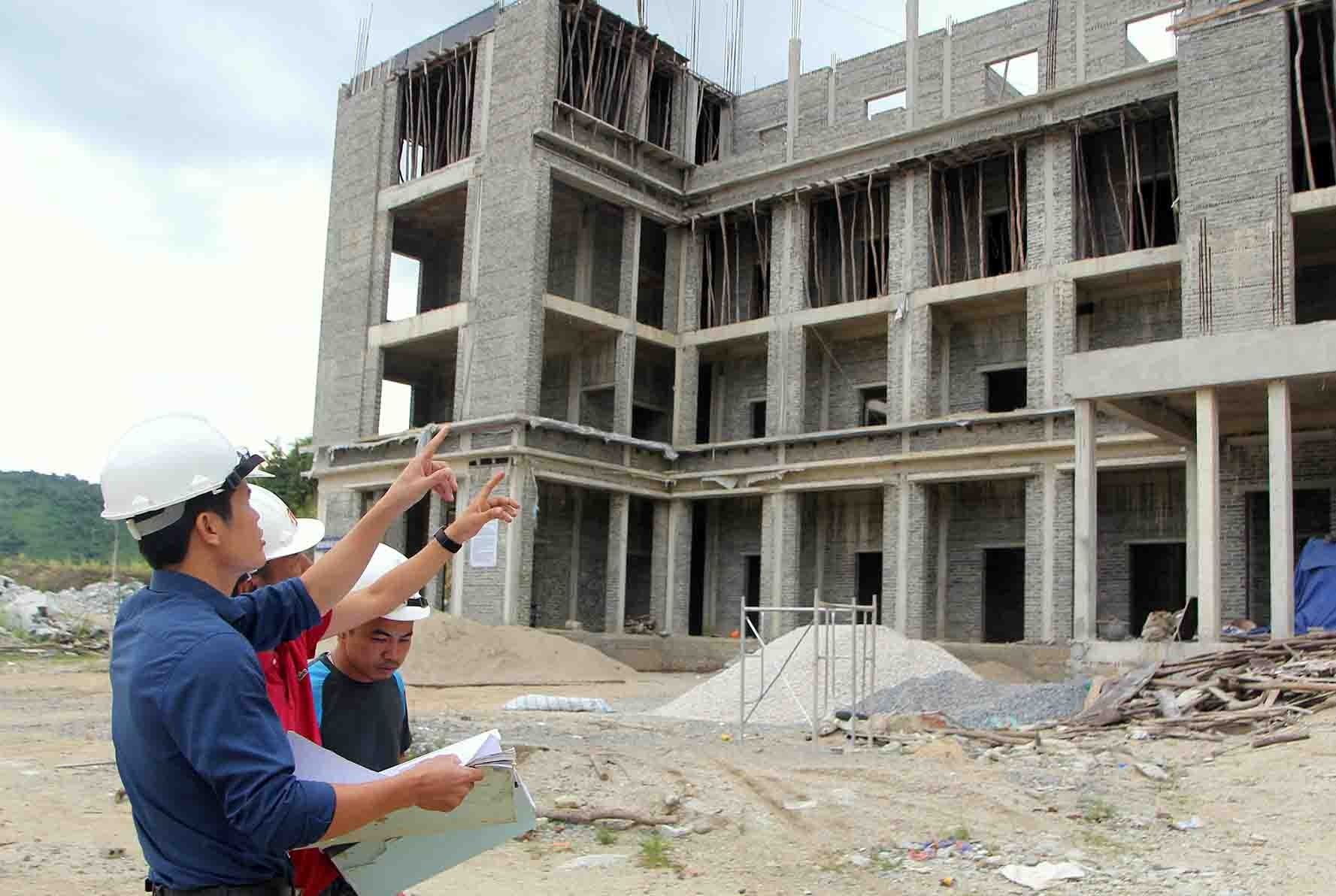
In addition, it is argued that, according to international experience, construction activities are often associated with two basic and most important types of licenses. One is the Construction Permit - a legal tool to ensure compliance with the law, control compliance with planning, technical standards, safety and construction order right from the beginning of the project. Two is the Construction Use Permit which demonstrates the principle of respecting and ensuring human rights, specifically the right to use, reside, and work in a safe, legal and sustainable construction.
Thus, a license is not a “barrier” or “annoying procedure”, but a tool to ensure citizens’ rights and social order in the construction sector. The issue is not whether or not to issue a license, but the quality, method and process of issuing a license.
In fact, in recent times, many errors and violations in construction have arisen not because of the existence of the licensing mechanism, but because of the lack of transparency and inconsistency in regulations on the types of works that must be licensed, the conditions for licensing and the authority to grant licenses. Some processes are still complicated and not linked to the accountability of the licensing authority, leading to complaints, delays and negative consequences.
Therefore, the Committee on Science, Technology and Environment recommends that in the process of drafting the Decree guiding the implementation of the Law, the Government needs to carefully study the scope of subjects requiring licensing, clearly distinguishing between civil works, technical infrastructure works, religious works, national defense and security works.
The licensing conditions must be consistent with construction planning, standards, technical regulations and requirements on safety, fire prevention and fighting, and the environment. The licensing authority is based on administrative level, nature and scale of the project to increase decentralization and responsibility.
In addition, the licensing process needs to be simplified but transparent, clearly defining the responsibilities and processing time of state agencies; building a public information system so that people and businesses can look up, monitor, and control the implementation. At the same time, gradually research and apply the mechanism of "Construction Use License" for some types of constructions with high safety requirements, in order to complete the legal cycle from the start of construction to the time the construction is put into operation and use.
The Draft Law on Construction (amended) exempts construction permits for the following cases:
a) State secret works; emergency construction works; works under special public investment projects; works under investment projects under special investment procedures; temporary construction works according to the provisions of this Law; construction works in land areas used for national defense and security purposes according to the provisions of the law on land;
b) Works under public investment projects decided on investment and construction by the Prime Minister, heads of central agencies of political organizations, the Supreme People's Procuracy, the Supreme People's Court, the State Audit, the Office of the President, the Office of the National Assembly, ministries, ministerial-level agencies, agencies under the Government, central agencies of the Vietnam Fatherland Front and socio-political organizations, and Chairmen of People's Committees at all levels;
c) Construction works located in two or more provincial-level administrative units; construction works along routes outside areas oriented for urban development, determined according to urban and rural planning or detailed sectoral planning approved by competent state agencies or with route plans approved by competent agencies;
d) Offshore works belonging to offshore construction investment projects that have been assigned sea areas by competent authorities to implement the project; airports, works at airports, works ensuring flight operations outside airports;
d) Advertising works not subject to construction permits as prescribed by law on advertising; passive telecommunications infrastructure works;
e) Construction works belonging to construction investment projects have had their Feasibility Study Report appraised by a specialized construction agency and have been approved according to regulations;
g) Level IV construction works, individual houses with a scale of less than 07 floors in an area identified as rural according to the approved master plan but at the time of construction there were no architectural management regulations and were not in the construction area identified in the master plan according to the provisions of law on urban and rural planning;
h) Repair and renovation works inside the building or repair and renovation works outside the building that are not adjacent to urban roads that require architectural management according to regulations of competent state agencies; the repair and renovation content does not change the purpose and function of use, does not affect the safety of the load-bearing structure of the building, ensures requirements on fire prevention and fighting, environmental protection, and the ability to connect technical infrastructure.
Source: https://daibieunhandan.vn/de-xuat-thu-hep-pham-vi-mien-giay-phep-xay-dung-10394631.html







![[Photo] Da Nang: Hundreds of people join hands to clean up a vital tourist route after storm No. 13](https://vphoto.vietnam.vn/thumb/1200x675/vietnam/resource/IMAGE/2025/11/07/1762491638903_image-3-1353-jpg.webp)
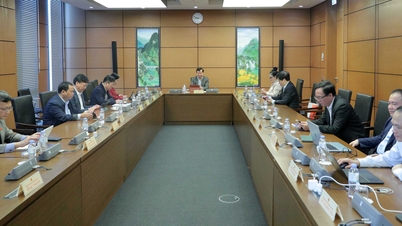

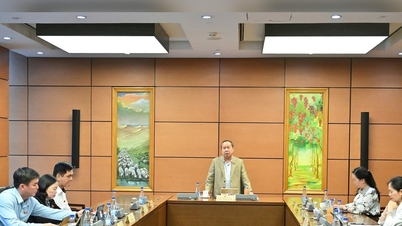
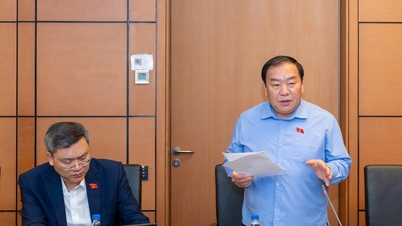
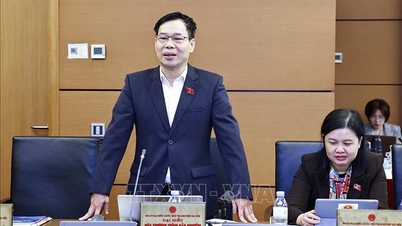

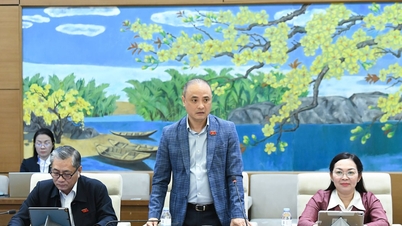
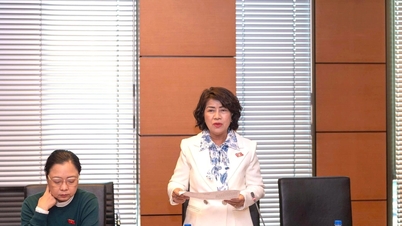














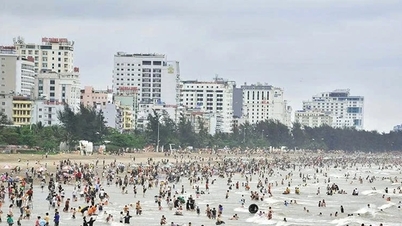
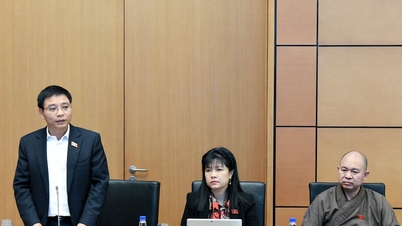

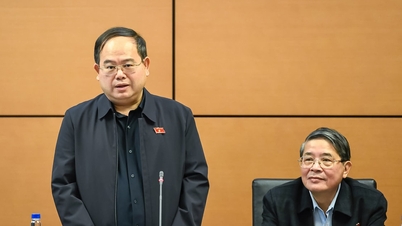
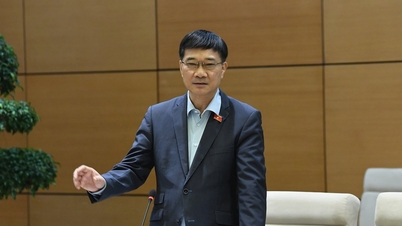





































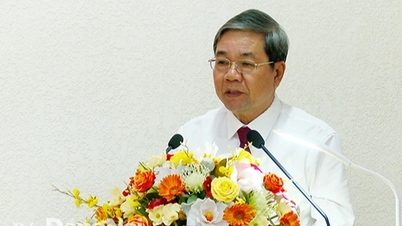
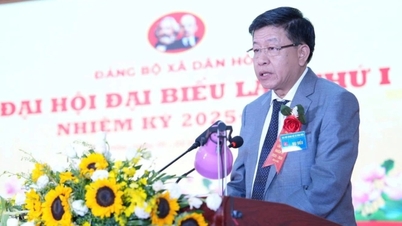



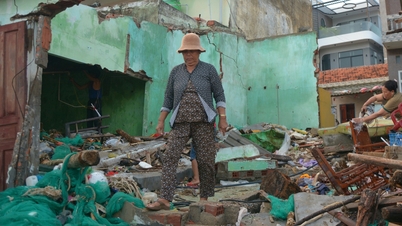





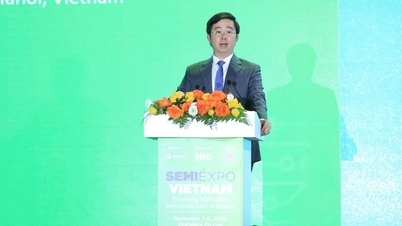






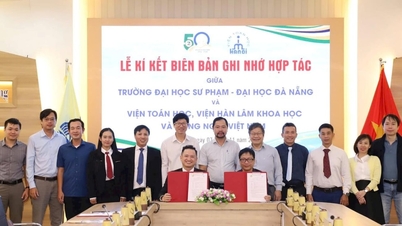

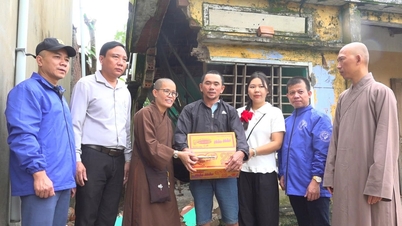
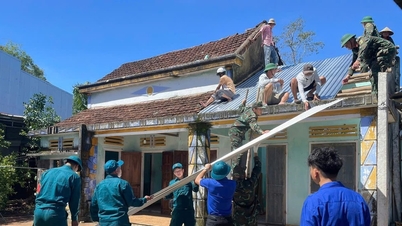
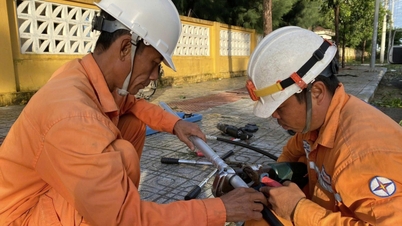














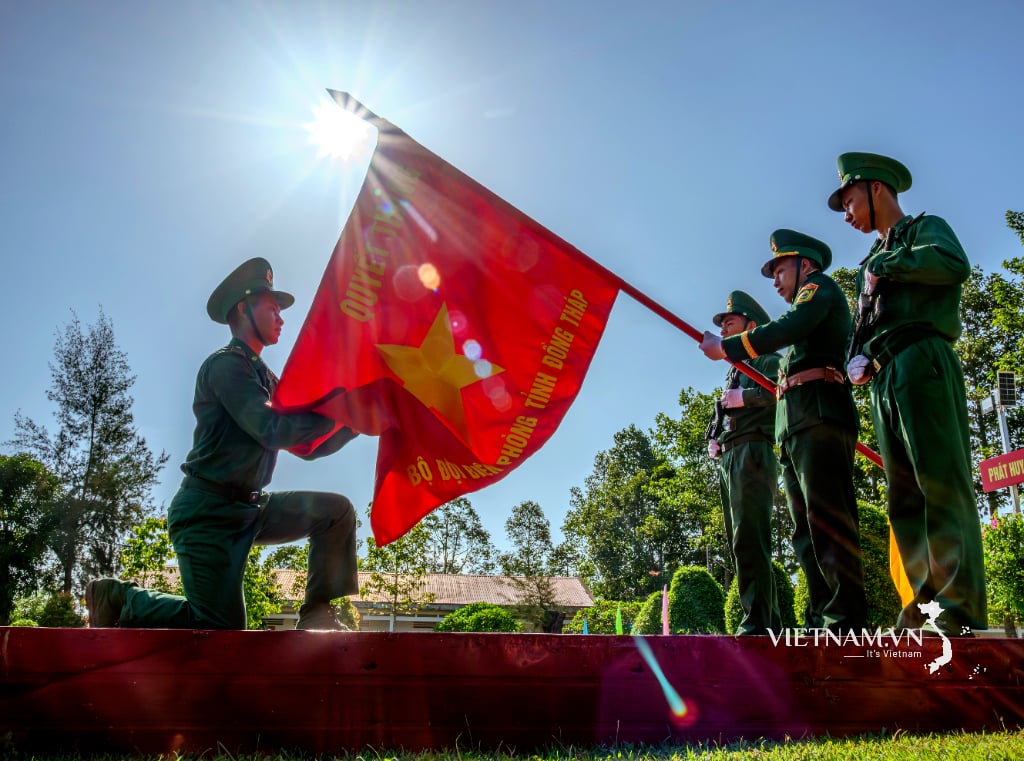


Comment (0)